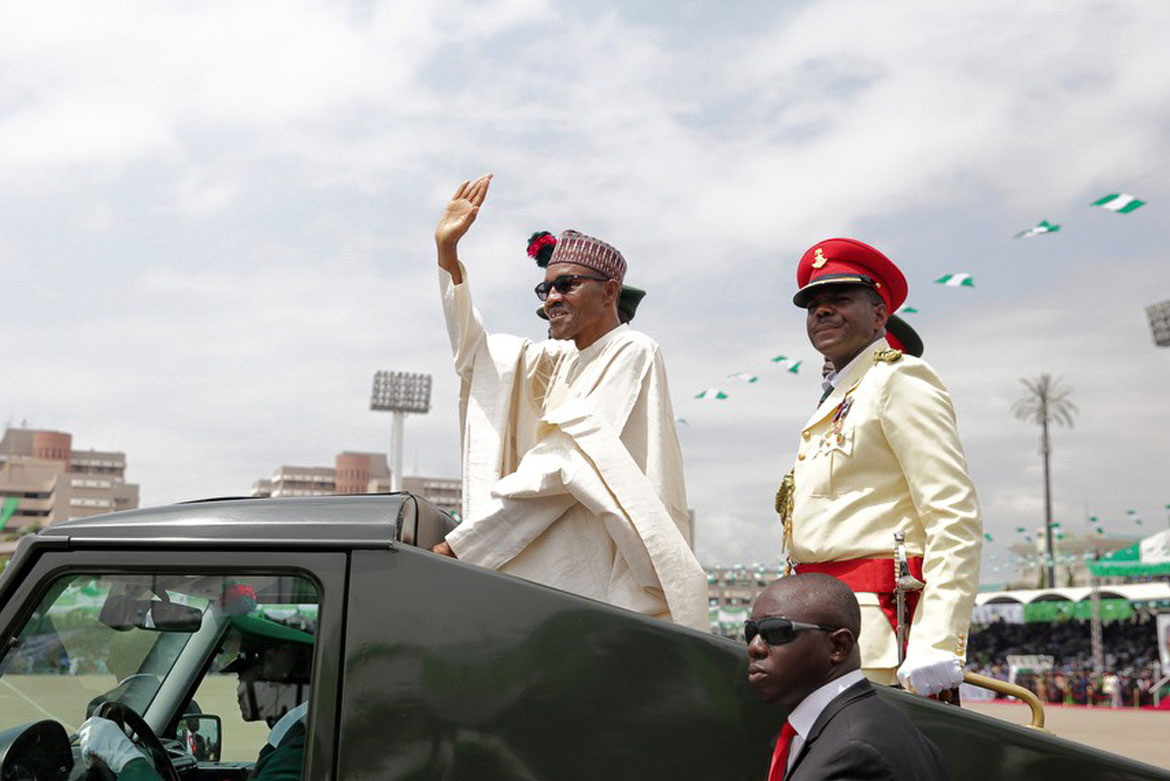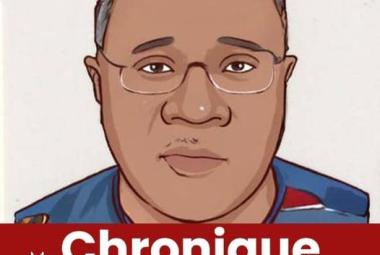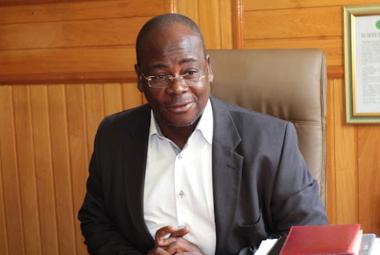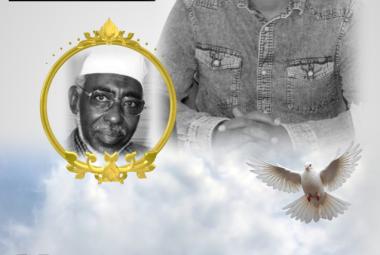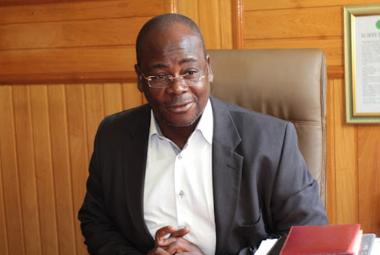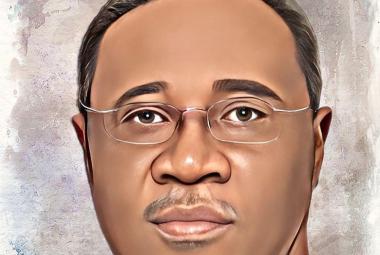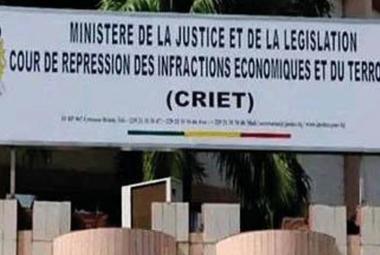In 2010, I published an article entitled The fall of Gaddafi, good news for Africa. Which triggered reactions that could not be more controversial, even aggressive towards me. Back to an opinion on which my position has hardly changed since, not even one iota. Because even if the comments are free, they can only be based on facts. And facts, on the other hand, are stubborn and die hard.
I wrote then in 2010: “His fall, a lesson for sub-Saharan Africa
The fall of the former leader of the Libyan revolution is, ultimately, good news for several reasons.
Firstly: he will no longer be in power to make or break the regimes by playing spoilsports in Black Africa as he pleases and according to his mood.
Second: the construction of the African Union will no longer have to suffer from its compromising presence and its claim to be its leader.
Third: African leaders should learn from its fall, on the need to overcome the last pitfalls in order to achieve African unity, whatever form this union takes. This is the only way for other leaders in Africa to avoid the fate of Muammar Gaddafi in the future. A diatribe from Cameroon had even thought it necessary to answer me then: "A certain Marcus Boni Teiga, editor of the weekly Le Benin Aujourd’hui (Benin Today), even affirmed that "The fall of Gaddafi, good news for Africa”… Normal, Cameroon has never been a victim of the actions of Muammar Gaddafi, I would say.
Yes, indeed, I persist and still sign today in 2022 to say that my intimate conviction has not changed despite the insecurity raging in West Africa. A situation that is not due solely to the fall of Gaddafi, it must be said. On the contrary, Islamist terrorism was not born with his fall but rather with him. The archives of the contemporary history of Africa are there to testify to this. Still, it took until 2019, during the presidential campaign for his second term, for at least one man and not just any man, President Muhammadu Buhari, to confirm what has always been my intimate and deep conviction. President Buhari is not on his first stint at the head of the Federal State in Nigeria. A career officer from the State of Katsina and a devout Muslim, he knows who he is talking about when he mentions the late Muammar Gaddafi. “For Buhari, it is 'Gaddafi's unsavory legacy that still haunts Nigeria and other countries (…) Gaddafi ruled Libya for 43 years. He decided at some point to recruit people from Mali, Burkina Faso, Niger, Nigeria, Chad, Central African Republic, and these young men were not trained to become masons, electricians , plumbers or others, but to shoot and kill *2,” Buhari again accused. And it is very little compared to the plots and the wars that he fomented in many countries of Black Africa. Gaddafi, the Pan-Africanist, is simply for cosmetic purposes for those who do not know the intriguing, resentful nature behind this man whose racism has never been in the shadow of any doubt. The Toubou - black peoples of Libya - are there to testify to this. As a political journalist, Muammar Gaddafi is undoubtedly the African head of state on whom I had to investigate the most for several reasons and particularly his involvement in the assassination of President Thomas Sankara. And President Muhammadu Buhari of Nigeria was not exaggerating when he said: "The bandits, who escaped from Libya after the death of their leader in 2011, have gone on to terrorism, including Nigeria and some other African countries are today the main victims,” Buhari said, in a lengthy interview he gave to Arise TV and which aired this week *3.” The implosion of Libya is not the cause of Jihadism in West Africa...it is only an aggravating factor. It is therefore important to point this out and not to fall into the amalgams that some maintain for ulterior purposes.
Following the Tuareg rebellion of the National Movement for the Liberation of Azawad (MNLA), the occupation of northern Mali between 2011 and 2012 by various armed jihadist groups, namely Ansar Dine, the Movement for uniqueness and Jihad in West Africa (MUJAO), Al Qaeda in the Islamic Maghreb (AQIM), showed all the fragility of our States inherited from colonization. The African Union, which has never devilishly stopped advocating African solutions to African problems, has proven for the umpteenth time that it is nothing but a palaver machine, only good at producing an enormous quantity of speeches for nothing concrete. The good proof is that it was unable, as usual, to find an African solution to the occupation of Mali. Worse, it took the French President, François Hollande, to decide to engage French troops on Malian soil in order to counter in extremis the Jihadists who were setting out to conquer the whole country. With this reality, a whole house of cards of our institutions has collapsed, from the State to the continental organization through the sub-regional organization, that is to say the Economic Community of West African States (ECOWAS). Through Mali, all the peoples of West Africa - and more generally of Africa - have themselves realized that the leaders of their States, taken in isolation, are incapable of ensuring their security in the face of enemies like the Jihado-terrorists who had put the North of Mali under control, a fortiori great threats.
Ironically, it was in the name of Islam, of which Mali was and remains the symbolic high place, and the champion of dissemination in Black Africa in ancient times, that it was threatened in its territorial integrity and its republican foundation. Ironically again, it is thanks to France (a former colonial power) that Mali was saved from collapse. Finally, ironically, the brotherly countries of the Arab-Muslim world did not believe they had to support Mali in these difficult times. On the contrary, several voices have even risen here and there to condemn this French military intervention which, whatever may be said, stopped the advance of the Jihadists towards Bamako, the capital, and marked the beginning of the reconquest of the occupied territory. Without it, the Malian state as such would certainly no longer exist today. And during all this time, the 54 countries that make up Africa continued to palaver and procrastinate, without being able to convince the United Nations (UN) to act. A slowness of the international organization which demonstrates, if it were still needed, that this organization must be reformed and that Africa, if not by its economic or military power but its demographic power, henceforth deserves a place of choice on the UN Security Council.
France's intervention in northern Mali in January 2013 is not a philanthropic action. Far from it, because the French state is not a philanthropic organization. You don't have to be naive at all. General Charles de Gaulle quite rightly said: “States have no friends, they only have interests”. Nevertheless, it has the merit of having dealt with the most urgent matters instead of ECOWAS, the African Union and the UN. It is the first time since decolonization that a French intervention in Africa has been unanimous among the African peoples. Especially since, beyond the interests that may be underlying, it was not fundamentally driven by a neocolonialist aim of the kind that makes France decide to put in the saddle or support one of its men in power in Africa.
But no matter how much we criticize or welcome it, the French intervention in Mali must challenge all Africans, without exception. Above all, it clearly and urgently underlines the duty of African civil society to compel the leaders of the continent, and this by all democratic means, to radically reform the African Union in order to steer it definitively towards a Federation of African States. Because African countries and peoples cannot always claim from the rooftops their sovereignty or non-interference in their affairs vis-à-vis foreign powers and then forget these same principles at the slightest problem. By shamefully appealing to those same Western powers, if need be. The case of Mali, among many others, is a clear example. When we know that most African leaders are often quick to get out of their tanks to organize electoral hold-ups or have their populations repressed, who often only claim bread and dignity, we are entitled to be indignant that they were unable for many months to bring out these same tanks to help the brother country of Mali whose populations were tortured and martyred by highwaymen and Jihado-terrorists. Certainly on the pretext that they were waiting for the authorization of the UN, except that it should come and do the work that is primarily theirs in their place. But the snub to the story came from France.
The invasion of northern Mali and its corollary will remain in indelible characters a great shame for all of Africa, starting with the African Union. Nevertheless, it must lead us all to become aware but above all to act together to make the union of African countries our hobbyhorse. Africa must now take charge of itself, if it respects itself and if it wants to deserve the respect of other countries and continents. To do this, it has no choice but to move as quickly as possible towards a Federation of African States or at least to Federations of major sub-regional groups. It must now be a matter of life or death.
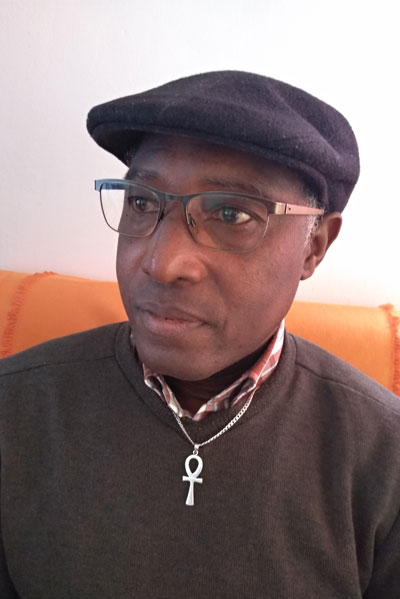
Beyond all Africans, this recommendation must resonate eternally in the ears of young people in particular. They carry today the heavy but oh so exhilarating mission to work, and this by all means, to make Africa a standing continent, united as one man, proud and marching resolutely towards the destiny it chose himself. "Each generation must, in relative opacity, discover its mission, fulfill it or betray it *4", said Frantz Fanon quite rightly and very nicely.
By Marcus Boni Teiga
*1 – Marcus Boni Teiga, La chute de Kadhafi, une bonne nouvelle pour l’Afrique, Slate Afrique, mis à jour le 29/08/2011 à 11:33 : http://www.slateafrique.com/32915/la-chute-de-kadhafi-bonne-nouvelle-af…
*2 - Aboubacar Yacouba Barm, Insécurité en Afrique de l’Ouest : pour Buhari, le responsable c’est Kadhafi, 10 Jan 2019, 15:00 : https://afrique.latribune.fr/politique/2019-01-10/insecurite-en-afrique…
*3 – Idem
*4 - Frantz Fanon, Les damnés de la terre, éd Maspero, 1961



